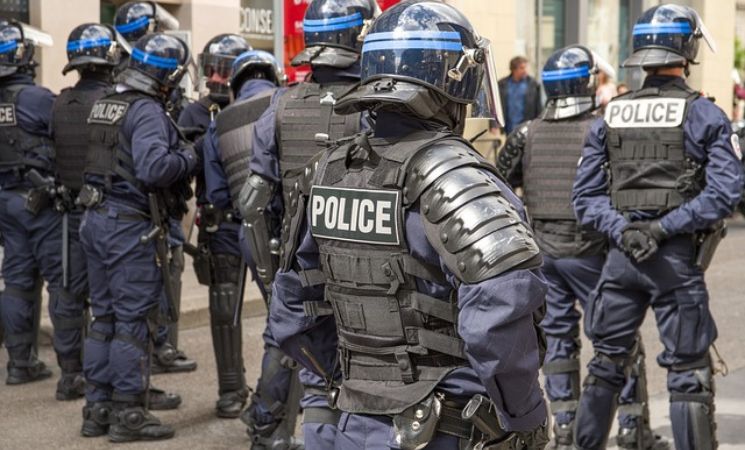In Australia, police checks are commonly required across various sectors, from healthcare and education to finance and retail. Despite their ubiquity, there are still many myths surrounding them, which often leads to misunderstandings for both employers and applicants. In this post, we’ll take a closer look at the most common myths about police checks in Australia and set the record straight. Understanding the truth behind these misconceptions can make the process much smoother and less intimidating for everyone involved.
Myth #1: A Police Check Only Looks for Serious Criminal Offenses
One common misconception is that a police check in Australia only highlights serious criminal offenses. Many people believe that minor infringements, such as traffic violations or small fines, won’t appear on a police check. In reality, the type of information included in a police check varies depending on the purpose of the check and the specific requirements of the organization or agency requesting it.
Some organizations may require a comprehensive background check, which includes a full range of offenses, from minor infringements to more serious charges. For example, in fields like healthcare or education, where the safety of vulnerable individuals is paramount, even minor incidents can be relevant. According to the Australian Criminal Intelligence Commission (ACIC), an accredited authority for police checks, the scope of information disclosed depends on various factors, including the type of job and any specific legal requirements.
Myth #2: Police Checks Are Valid Indefinitely
Another widely believed myth is that a police check in Australia remains valid indefinitely. However, police checks only reflect an individual’s record up to the date of issuance, meaning they’re essentially a “snapshot” in time. This is crucial to understand, as many employers and organizations require updated checks at regular intervals.
For instance, a police check obtained five years ago may not reflect any incidents or offenses that occurred in the meantime. Industries like childcare and aged care often mandate regular police checks to ensure ongoing compliance with safety standards. In most cases, employers have their policies about how frequently they require updated checks, but a general rule of thumb is every two to three years, especially in sensitive industries.
Myth #3: Police Checks Affect Your Credit Score
One surprising misconception is that undergoing a police check can somehow affect a person’s credit score or financial standing. This myth likely stems from the misconception that background checks and credit checks are intertwined, which isn’t true. Police checks solely concern an individual’s criminal record, whereas a credit check assesses financial history, creditworthiness, and repayment behavior.
Since police checks and credit checks serve entirely different purposes, they are conducted separately, and there’s no overlap between the two in terms of impact on one’s credit. This means you can complete a police check without worrying about any impact on your financial record or credit score.
Myth #4: If You’re Clean, You Don’t Need to Worry About the Police Check Process
Many people believe that if they have no criminal record, they don’t need to worry about the police check process. While it’s true that having no criminal history generally results in a straightforward check, misunderstandings can still arise. For instance, common names or outdated records can sometimes lead to mistaken identity issues, causing delays or incorrect information on a report.
Furthermore, it’s important to follow the correct process and provide accurate, up-to-date information to ensure that the police check proceeds smoothly. Even a simple mistake in the application can lead to delays. For peace of mind, applicants can use accredited services that offer a streamlined application process, reducing the chances of errors or complications.
Myth #5: Only Job Seekers Need Police Checks
Although job applicants are among the most common individuals to undergo police checks, it’s a myth to assume they’re the only ones who need them. Police checks are also required in other circumstances, such as applying for visas, volunteer positions, and certain licenses or certifications.
For example, those applying for working visas often need to provide a police check as part of their application to demonstrate good character. Similarly, many volunteer organizations, particularly those working with vulnerable groups, require police checks to ensure the safety of the community they serve.
Why Understanding the Truth About Police Checks Matters
Dispelling these myths surrounding police checks is essential for creating a more transparent and straightforward process for everyone. Applicants can approach the process with clarity, knowing what to expect and how to prepare, while employers and organizations can make informed decisions about the best practices for conducting and interpreting police checks.
In summary, a police check in Australia is a key tool for enhancing safety and trust in various professional and community settings. By understanding the limitations and facts surrounding police checks, individuals can navigate this process more confidently and avoid common pitfalls.













